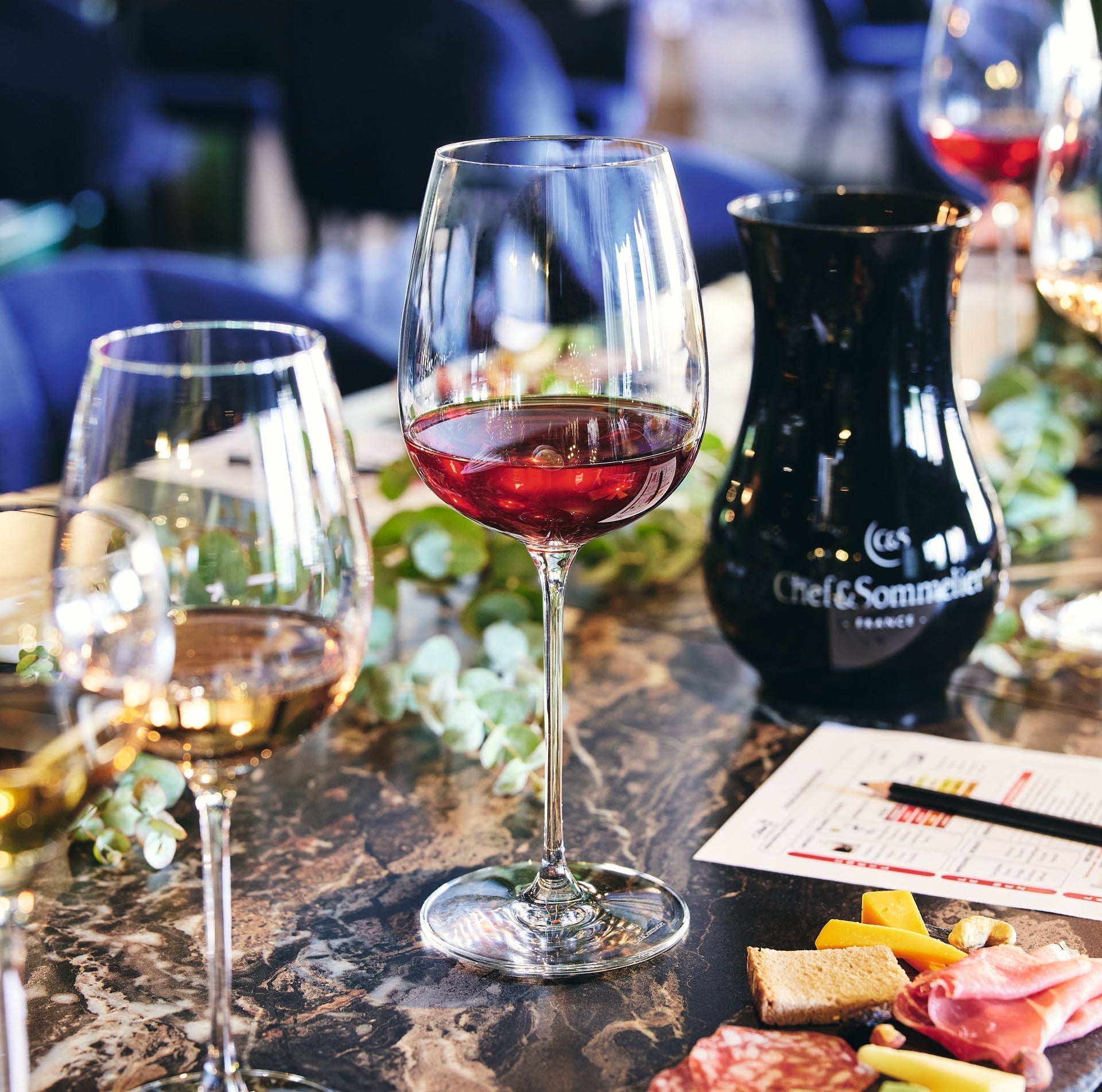
The dream is common: open a restaurant, serve amazing food, build a community, and become a local landmark. The reality? Less than 20% of restaurants make it to their fifth anniversary.
According to research from the National Restaurant Association and various Canadian studies, 60% of new restaurants fail within the first year. Around 80% don’t survive past year five. It’s not always the food. It’s rarely lack of passion. It’s usually the systems, or lack thereof.
Running a restaurant isn't only about creativity or the best family recipes. It’s operations. It's efficiency. It’s margins.
Most Common Mistakes New Restaurateurs Make:
- Overbuilding The Menu: Bloated menus slow down your kitchen, confuse your customers, and increase food waste. Stick with a tighter menu, especially when starting for faster execution, better inventory control, and a stronger brand identity.
- Underspending On Quality Equipment: If your kitchen relies on one or two skilled cooks and everything is made from scratch without support from modern equipment, you’re simply setting yourself up for inconsistency and burnout.
- Failing To Understand Food Cost and Portion Control: Every menu item should be costed down to the gram. If you don’t know your food cost percentages, your profits are bleeding quietly with every order.
- Poor Kitchen Layout and Workflow: Too often, new operators focus only on the dining room and give little thought to how the kitchen functions. Poor layout decisions lead to staff collisions, bottlenecks, and lost time.
- No Tech Integration for Speed and Consistency: If your kitchen can’t keep up with delivery apps, QR ordering, or fast-lane pick-up, you’re behind. Pre-programmed ovens, digital ticket systems, and prep checklists help turn a chaotic kitchen into a controlled production line.
- Hiring Friends Instead of Experienced Staff: Hiring family or friends sounds convenient and fun. Until it’s not. Hiring should be strategic. A head chef with ordering experience, a manager who understands scheduling and P&Ls, or a dishwasher who shows up every shift is worth more than someone who “wants to help.”
- Mismanaging Inventory: Overordering because you “might run out” or underordering because you “don’t want waste” both show a lack of structure. Successful restaurants run weekly inventory checks and use par levels to guide orders.
- Neglecting Marketing and Online Presence: While word of mouth is the best, it is no longer enough. Customers need to find you online, see your menu, check your vibe, and place an order, all in 30 seconds or less. If your Instagram hasn’t been updated since opening day or your Google hours are incorrect, you’re already losing traffic.
- Relying Solely On Dine-In Traffic: The pandemic taught every restaurant owner a hard lesson: multiple revenue streams are essential. Takeout, delivery, catering, events, meal kits, and merchandise are survival tools. Smart operators design their kitchens to accommodate off-premise traffic from day one.
- Thinking Passion Will Make Up for The Math: Passion will get you through long nights and tough reviews, but it won’t fix poor margins, broken freezers, or missing inventory sheets. Businesses survive when they’re built to function, with proper systems.
Kitchens Don’t Just Cook. They Print Money, or They Should.
Modern commercial kitchens are quietly powered by machines that take the guesswork and the labour strain out of cooking. The XpressChef high-speed oven, for example, can cook a panini in under a minute. A combi oven can bake, steam, roast, and hold food all while being programmable to your specific menu. No chef necessary. Anyone on staff can push a button and get the same result, every time.
That’s where smart operators are winning. Speed, consistency, and lower labour requirements mean higher margins. These aren’t upgrades. They’re lifelines.
Restaurants That Treat Their Kitchen Like a Business, Survive Like One
In today’s market, success isn’t about being fancy. It’s about being functional. Equipment that pays you back in time and money is no longer optional. It’s essential.
Contact our team for design, and a quote on your equipment!
